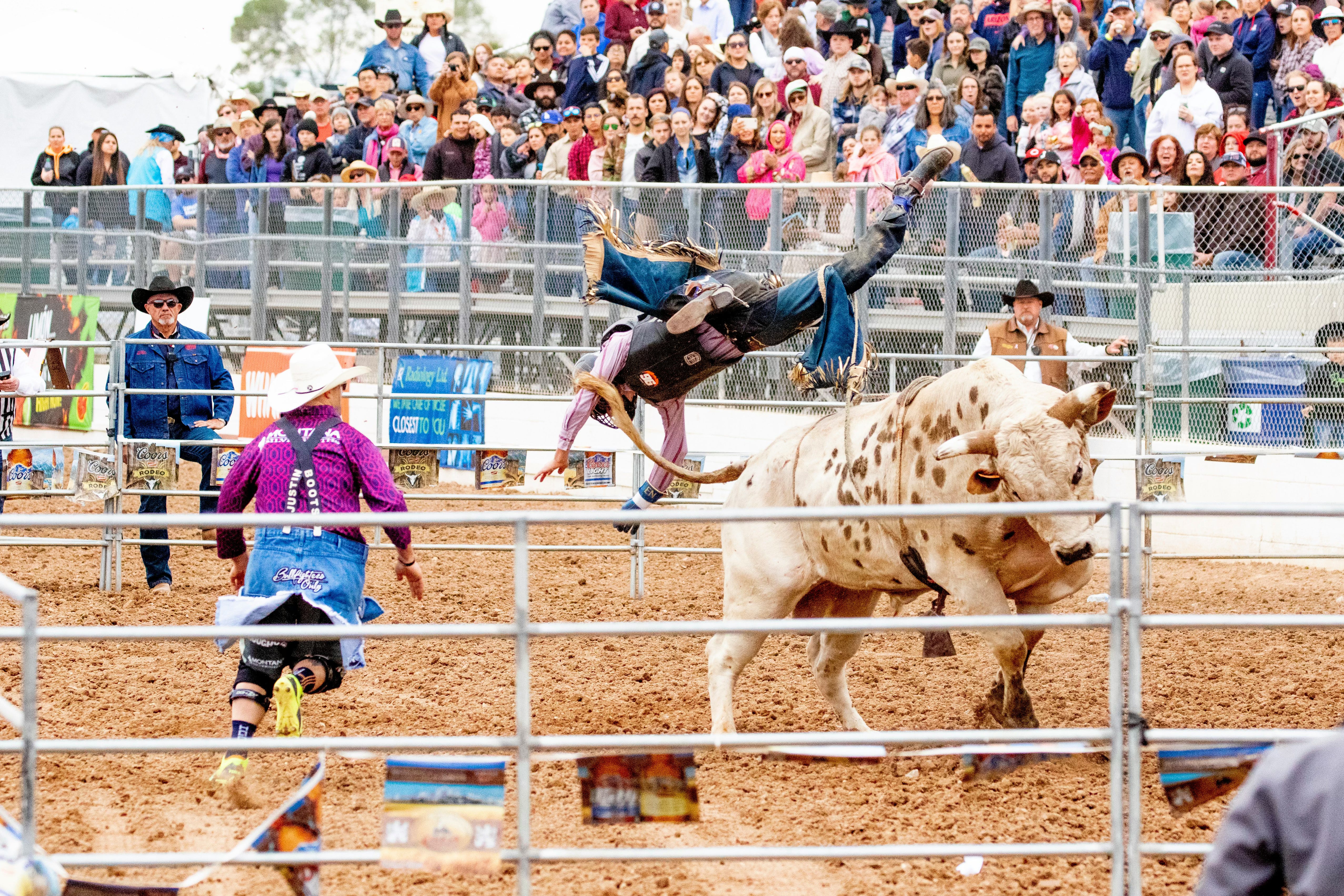
Photo by Dulcey Lima on Unsplash
I can’t remember exactly when I first heard the advice about taking ownership of your own career and destiny instead of leaving it up to chance. Maybe it came from a book, maybe a talk—I can’t remember. But I do know the exact day when it finally hit me.
It was around 2008, during a really hard phase at work. Back then, I blamed all my career woes on external forces—unsupportive teammates, bad leadership decisions, bad luck. None of it was ever my fault, of course. I was convinced I was doing everything right and the universe was conspiring against me.
One day, a close friend came from Massachusetts to visit. I took him to one of my favorite places to try some North Carolina BBQ, but instead of enjoying the time and reminiscing about our childhood, I spent hours unloading all of my frustrations on him—complaining about work, leadership, politics, people who “didn’t get it.” It was only after I dropped him off at his hotel and parked outside my apartment that I just sat there in silence and realized something humbling:
I had just wasted precious time with someone I care about by doing nothing but complaining—and blaming everyone but myself for my lack of progress.
That moment changed me. My career—and honestly my mindset—has a “before that day” and an “after that day.”
Since then, I’ve tried to live by a simple principle: own your career. Don’t wait. Don’t hope someone “notices” you. Don’t pray for fairness in a world that isn’t built to be fair. Take ownership and move with purpose.
That mindset helped me survive multiple layoffs at that same company, land my current job, and grow over seven or eight years into a Director of Engineering. Now, everyone who has ever worked with me knows I repeat this phrase often:
Take ownership of your career.
It’s easy to find excuses—bad timing, bad people, bad systems, flawed leadership—but excuses don’t build careers or character. What matters is what you do about them.
Yesterday I came across a note by Gracie Van that said:
“The fastest way to become the person you want to be is to put yourself in a situation where you have no choice but to become them.”
That reminded me of a book called Burn the Boats, inspired by the story of 16th-century explorers who literally burned their ships after landing in the New World so there was no going back. One direction only: forward.
It also reminded me of one of my favorite quotes from Theodore Roosevelt:
“It is not the critic who counts… The credit belongs to the man who is actually in the arena, whose face is marred by dust and sweat and blood…”
Exactly. Get in the arena. Take the hits. Own what happens next.
I’m fortunate—I’ve had leaders who gave me autonomy and trusted me to build things my own way. But even if they hadn’t, I would have made my own path. When there’s no consensus, I move. If I fail, I fail fast, adapt, and try again. Progress beats perfection every time.
I think this is why the people I trust and rely on most have a few things in common: grit, curiosity, and courage. They learn fast, step up when it matters, and don’t compromise their integrity. I gravitate toward people who share these values.
There’s one phrase I can’t stand hearing:
“That’s above my pay grade.”
I have a strong reaction every single time I hear someone say this. I get what they mean, but to me, it sounds like surrender—like giving up responsibility. I believe the opposite: nothing is above your pay grade if you’re willing to figure it out. The moment you decide a problem isn’t yours to solve, you’ve limited your future. The minute you accept that something is “above your pay grade” is the minute you should question whether you’re still growing, or just coasting.
When people tell me they want to be promoted, I always ask why. If it’s just about their compensation, we can talk about ways to adjust their salaries or how they can earn a nice bonus. But if they’re serious—truly passionate about growing into that next role—then I look for ways to expose them to what that future looks like.
I use a simple analogy:
If you want to be the world’s greatest bull rider, then sooner or later, you have to get on the bull.
You can study the arena. You can learn from experts. You can watch others do it. But sooner or later, you have to climb up, hang on, and be willing to get thrown—again and again—until you earn it.
In my opinion, career ownership works the same way. Growth requires risk. Leadership requires discomfort. Purpose requires action.
If you’re serious about who you want to become, then stop waiting for permission.
Stop waiting. Own it. Get on the bull.